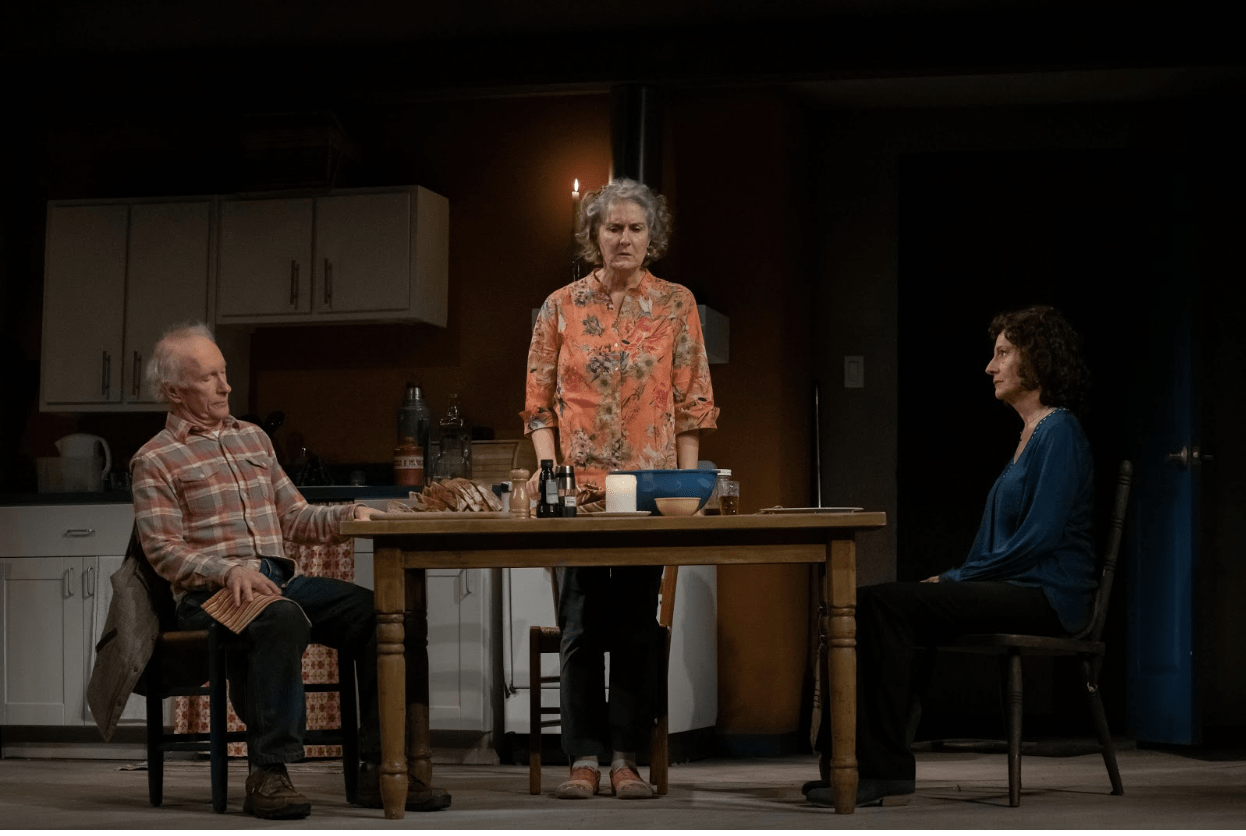Author: Amelia Zeve
How do you cope with the end of the world when you’re also trying to cope with the unique guilt of the fact that it’s your fault?
That is the question of humanity today- the dark musings of living in a world where everything seems to be falling to pieces, both quietly and all at once. And there are no questions of what’s to blame.
I remember, several summers ago, wildfire smoke in the Pacific Northwest got so bad that my family and I, coming back from a trip to Colorado, got trapped in the Salt Lake City International Airport for three days. It was a moment of my life that was saturated in chaos and stress, and lots of that very specific feeling when you’re so tired and overwhelmed that everything gets an air of rotund comedy. It was day three, after our flights- along with dozens of others- had been rescheduled, cancelled, and taken off and turned around to land at SLC again so many times that it felt like we would never leave, that that sense of dark humorous chaos really started to hit.
I remember standing at a fast food window with my mom- both of us delirious from lack of sleep- waiting for the same food we’d been eating for days prior. We were standing there, unable to see outside the window, when she looked at me and tilted her head. “What if this is how it ends?” she asked. I looked at her. “What?”
“What if the world ends like this?” she asked. Her gaze shifted to the condiment table, deep in thought. “What if it’s just environmental disasters, and chaos that we gradually acclimate to, and… we don’t realize the world has ended until we’re already too deep in it?”
“No.” I said. I laughed. It was just too absurd, within the setting of a Krispy Kreme in Salt Lake City, Utah. “We would know if the world was ending.”
She looked at me, with a calm and an edge of fear that made the hairs on the back of my neck rise.
“Would we?”
Lucy Kirkwood’s eco-thriller, The Children, takes place within the margins of this question. When the world ends, will we know it’s ending- will it be the noisy apocalypse we see painted across so many movies and books- or has it already begun? Globally, we have acclimated to a world where natural disasters like Japan’s 2011 Tōhoku earthquake and tsunami, followed by the Fukushima nuclear meltdown, are normal. But these uniquely hellish disasters that we’ve acclimated to- what if they’re not normal? What if this world we’ve adjusted to is just the symptoms of the old ones ending?
Through humor, allegory, fear, and point-blank discussion, Kirkwood’s characters explore these questions around a small kitchen table in a small cottage in seaside Britain. Her three-person cast of retired nuclear physicists (Jeanne Paulsen, R. Hamilton Wright, and Carmen Roman) are directed skilfully across the claustrophobic stage by Tim Bond, with performances aching with nostalgia, popping with wit, and dancing around large and universal swathes of fear that get tense enough by the end of the play that the whole thing seems on the edge of breaking. But it never does. These hypothetical questions of living in a world on the brink of dissolution are left less than hypothetical as the play ends, and we are left with nothing to do but take them with us- into our own grim reality.
The Children explores the Fukushima meltdown almost verbatim, using the three retired physicists grappling with their guilt for building the reactor that melted down and annihilated northern Britain as microcosms for the society we live in, and the guilt we all carry. The protagonists are so poignantly human- I saw myself and the people I love and hate in all of them, in the way they grapple with their fears of aging and death and clinging to youth, of the way they try to cling to normalcy in the face of environmental catastrophe.
There is typically something so calming for me about watching media depicting the end of the world. Something about that juxtaposition of watching it all unfold, feeling it all unravel, from the safe confines of a movie screen or a novel or the stage, and then being able to put it away and return to the safe and tidy reality that you left when you began it is soothing for me- but I felt none of that after leaving The Children. Walking out from the glass double doors of the Rep and gazing up at the Space Needle, starkly outlined against the black sky, brought none of the usual innate comforts it usually did.
Because The Children isn’t a play that you leave tucked inside the unbroken fourth wall when you leave the theater. It isn’t a play that you watch and forget. It is a production that asks questions, both subtly and hilariously, both insidiously and darkly, that trail behind you when you exit the theater. It is a genuinely disturbing play that doesn’t ask how, or if the world will end-
it asks, has it not already?
***
The Children runs until March 15th at the Leo K. Theater in the Seattle Repertory Theater, 155 Mercer Street, Seattle. Tickets can be booked online at on the Seattle Rep’s website. There are student discounts and ‘pay what you choose’ available regularly. The venue is wheelchair accessible, and closed caption showings are available.
Amelia Zeve | If you’re not talking 90-120minutes with no intermission, I don’t wanna talk | KXSU Arts Reporter

